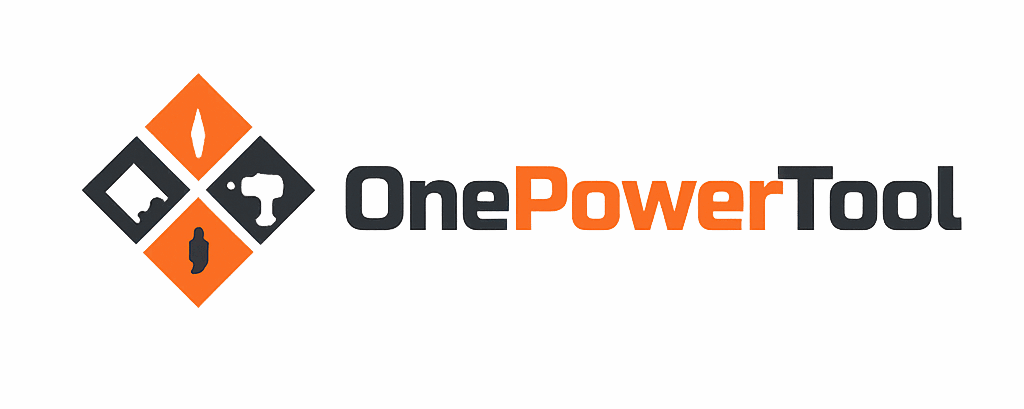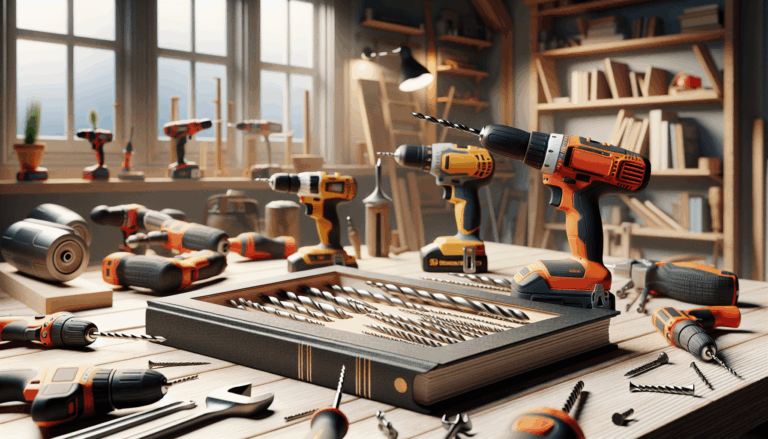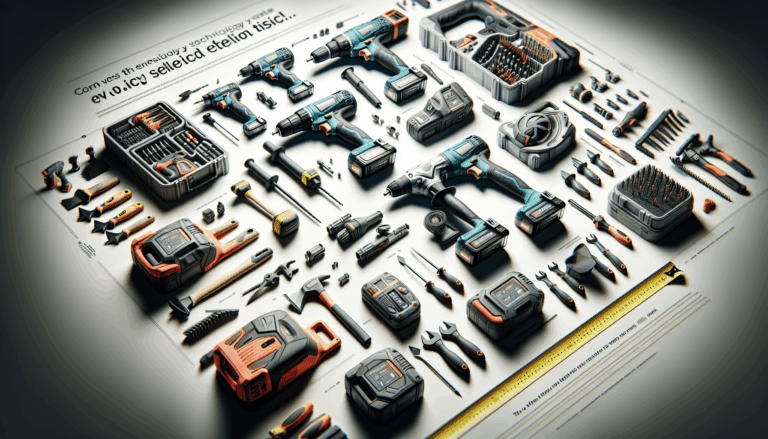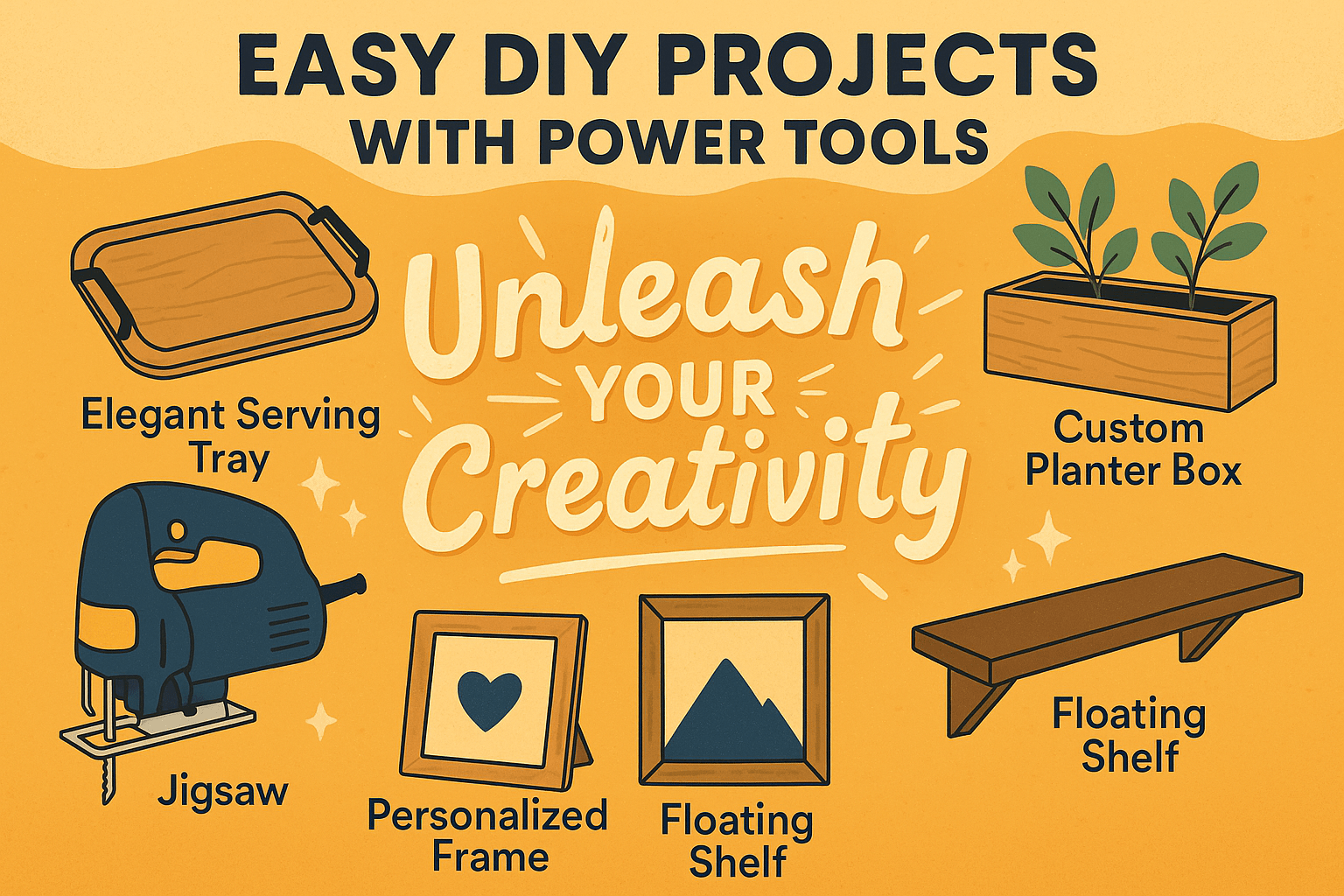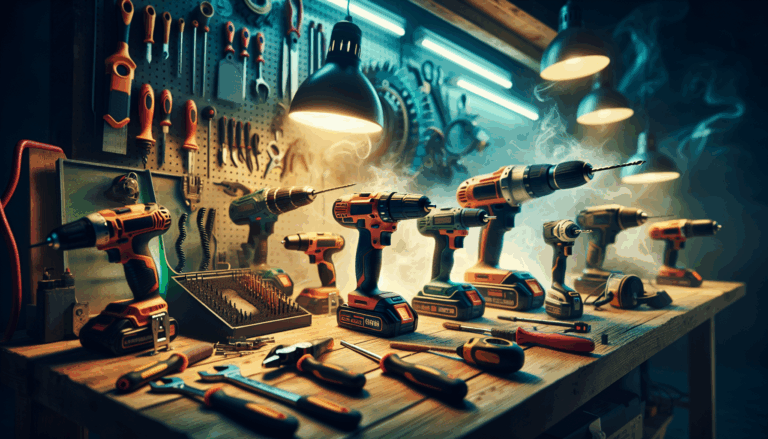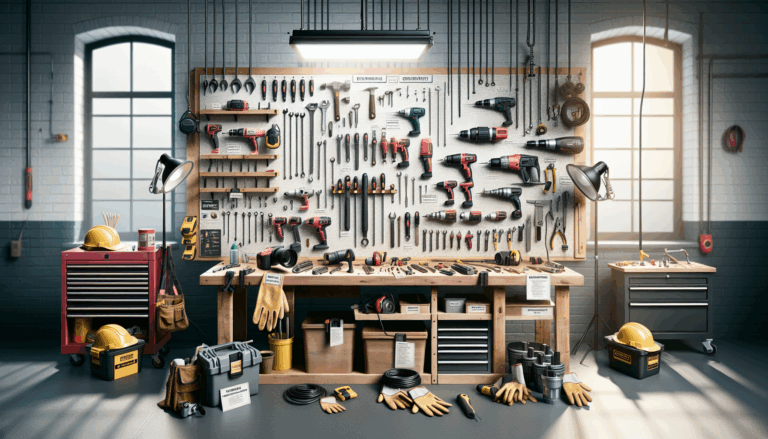What are the top five power tools every workshop should have?
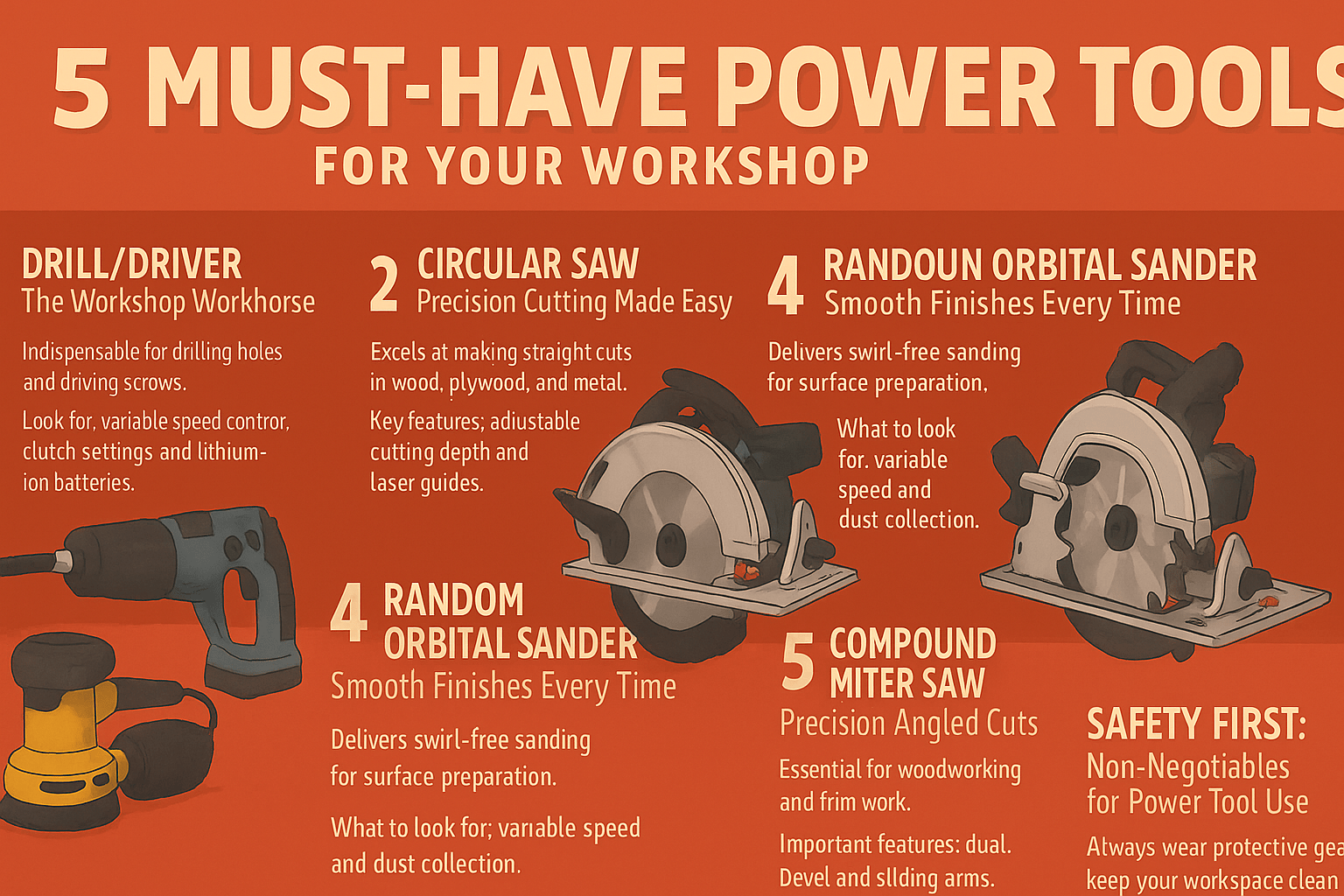
1. Drill/Driver: The Workshop Workhorse
A drill/driver is the Swiss Army knife of power tools, indispensable for drilling holes, driving screws, and even mixing paint or mortar with the right attachments. Look for models with variable speed control to adjust based on material, clutch settings to prevent overdriving screws, and lithium-ion batteries for longer runtime. For heavy-duty projects, consider a hammer drill function for masonry work.
2. Circular Saw: Precision Cutting Made Easy
The circular saw excels at making straight cuts in wood, plywood, and metal. Key features include adjustable cutting depth, ergonomic designs for reduced fatigue, and laser guides for accuracy. Always use sharp blades and secure workpieces to prevent dangerous kickback.
3. Reciprocating Saw: The Demolition Dynamo
Nicknamed “Sawzall,” this tool cuts through wood, metal, plastic, and nails with ease. Its versatility comes from interchangeable blades, while compact designs reach tight spaces. Use bi-metal blades for cutting through nails or metal pipes, and always wear protective gear.
4. Random Orbital Sander: Smooth Finishes Every Time
This sander eliminates the tedium of hand sanding, delivering swirl-free finishes. Look for models with variable speed control, effective dust collection systems, and lightweight designs. Ideal for preparing surfaces for painting, staining, or varnishing.
5. Compound Miter Saw: Precision Angled Cuts
Essential for woodworking and trim work, this saw makes precise angled and beveled cuts. Features like dual bevel functions, laser guides, and sliding arms for wider boards make it invaluable. Practice cuts on scrap wood before tackling main projects.
Safety First: Non-Negotiables for Power Tool Use
Always wear protective gear including safety glasses, ear protection, and gloves. Read manuals thoroughly, keep workspaces clean and well-lit, and unplug tools when not in use. The OSHA power tool safety guidelines provide comprehensive safety protocols.
Sources
- Family Handyman – Compound Miter Saw Buying Guide
- Fine Homebuilding – Circular Saw Buying Guide
- OSHA – Power Tool Safety Guidelines
- Popular Mechanics – Reciprocating Saw Buying Guide
- Pro Tool Reviews – Best Drills and Drivers
- Wood Magazine – Random Orbital Sanders Review
